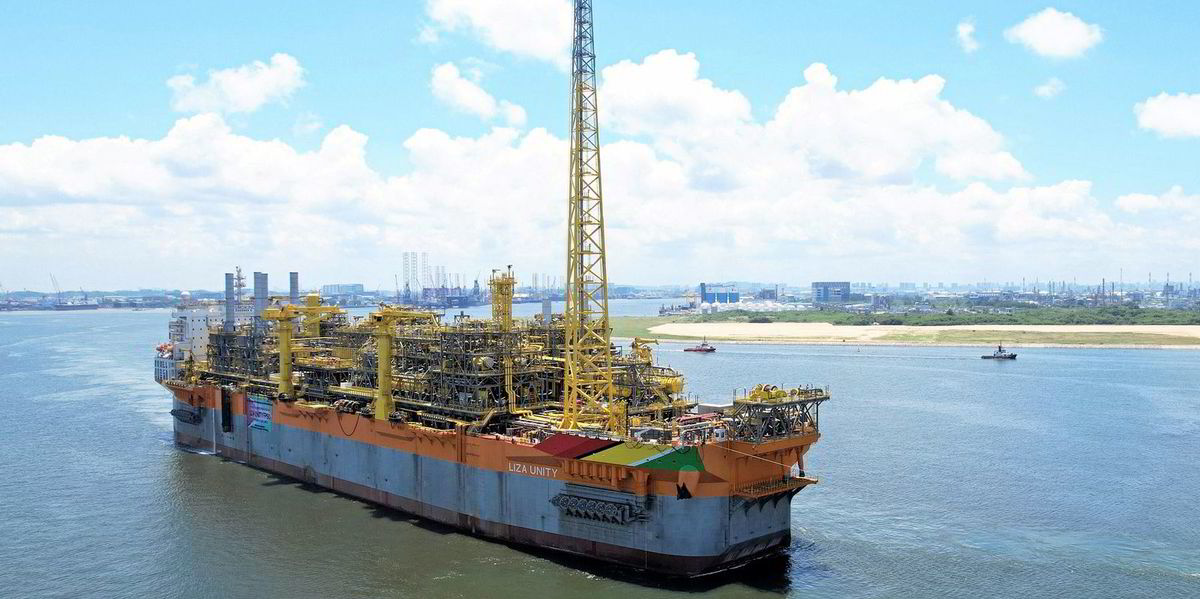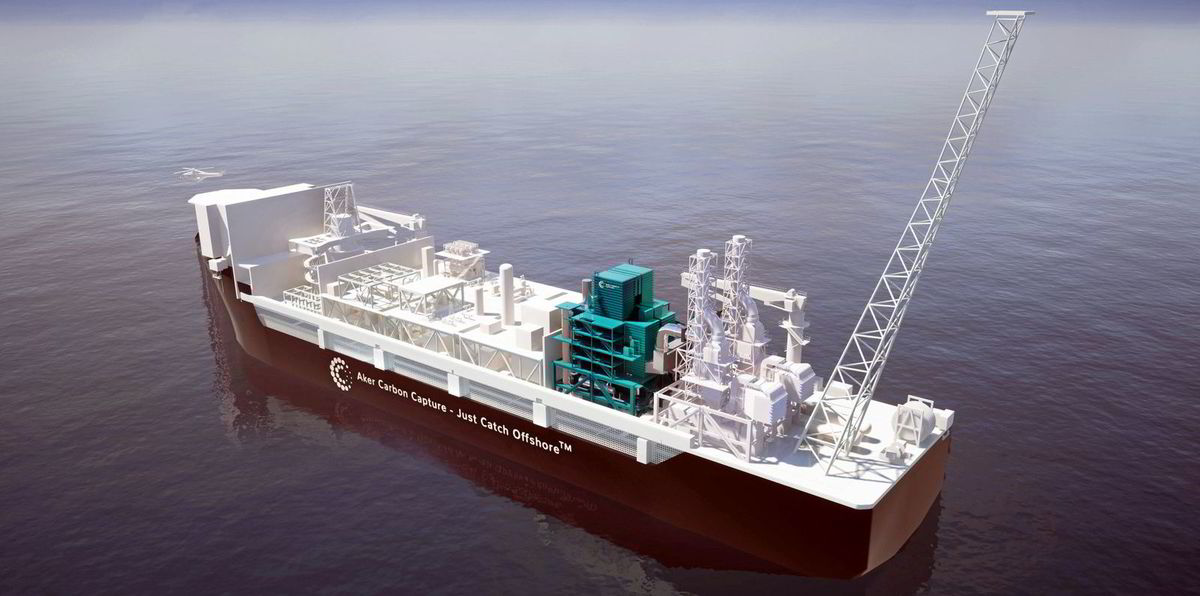Can FPSOs Reduce Carbon Emissions? Exploring Efforts to Clean up Offshore Production

Floating production, storage, and offloading vessels (FPSOs) have long been favored for offshore development, and this trend is expected to continue in the coming years. However, the projected growth in FPSOs also means a significant increase in greenhouse gas emissions, posing challenges for oil and gas companies striving for cleaner production.
According to a recent report by Rytsad Energy, the FPSO sector is estimated to contribute 38 million tonnes of carbon dioxide emissions this year, with the figure expected to rise to nearly 50 million tonnes per year by the end of the decade unless emission reduction measures are implemented.
CCS R&D
To address this issue, many companies are taking steps to curb emissions. They are adopting electricity transmitted from shore to power operations whenever possible and leveraging digital technologies to minimize downtime and flaring. Additionally, considerable efforts are underway to develop carbon capture technology specifically for FPSOs.
For instance, Sembcorp Marine and its subsidiary Keppel Shipyard are constructing large units equipped with carbon capture and storage (CCS) facilities for Petrobras’ Buzios field in Brazil. Given the interest and demand from key players like Petrobras, these CCS-equipped FPSOs will likely become more common.

Standardised modules
Norway’s Aker Solutions, known for its expertise in CCS research and development, has spun off its CCS business into a separate company called Aker Carbon Capture. Aker Carbon Capture is developing a modularized offshore carbon capture plant named Catch FPSO, focusing on harsh environment applications in offshore Norway. The technology has received qualification for offshore use, and the company aims to capture and store CO2 emissions from FPSOs.
SBM Offshore, a prominent player in the FPSO industry, has also been working on offshore CCS applications. Through its EmissionZero program, SBM aims to design a near-zero emissions FPSO by 2025 using various carbon-reduction technologies. The company’s Fast4Ward program, based on standardized hull design and configurable topsides modules, enables efficient integration of CCS technology into FPSOs.
The development of CCS systems for offshore applications presents challenges, such as limited space on floating facilities. However, the modularized nature of FPSOs and standardized layouts provide advantages in accommodating CCS modules. Process intensification and optimization are key focuses to maximize the efficiency and compactness of the CCS systems.
The pressure to decarbonize offshore operations is increasing, driven by environmental concerns and economic imperatives. Achieving emission reduction targets is crucial for the industry’s sustainability. While electrification powered by renewable energy from shore is viable, it has limitations and must be assessed case-by-case. Using gas from the field for power generation, alongside CCS implementation, is being explored as a potential solution.
Energy hubs
Engineers are also considering the concept of offshore “energy hubs” that can supply power to multiple platforms without extensive modifications. Offshore microgrids, primarily powered by dedicated wind farms but with battery storage and gas turbines for intermittent power generation, are being studied to reduce emissions.
In conclusion, efforts are underway to address carbon emissions in the FPSO sector. With advancements in carbon capture technology and the integration of renewable energy sources, FPSOs have the potential to clean up their act and contribute to a more sustainable offshore industry.
Read the original article on Upstream.
Read more: Fighting a Trend of Asset Destruction In Nigeria.










